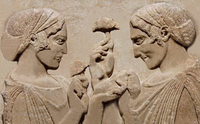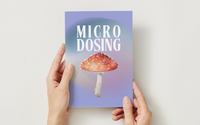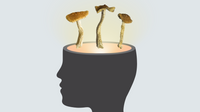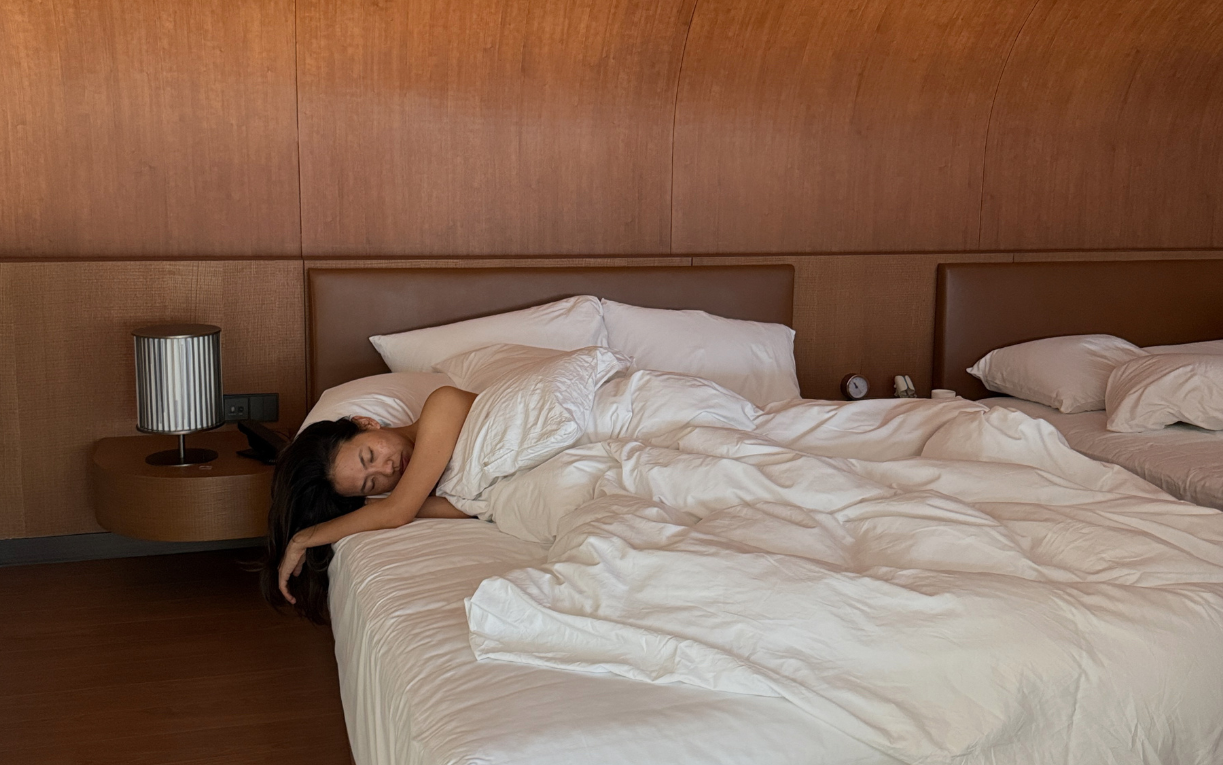Recent posts
-

-
 Amanita Muscaria Microdosing Guide: Safe Dosage, Benefits & MoreBy Psyched WellnessFebruary 17, 2025
Amanita Muscaria Microdosing Guide: Safe Dosage, Benefits & MoreBy Psyched WellnessFebruary 17, 2025 -
 Microdosing Shrooms: How Psilocybin Mushrooms Enhance Mental HealthBy Psyched WellnessJanuary 27, 2025
Microdosing Shrooms: How Psilocybin Mushrooms Enhance Mental HealthBy Psyched WellnessJanuary 27, 2025
Featured articles
How Sleep Can Control Your Life & The Health of Society At Large

Sleep Controls the Health of People and Society
The epidemic level of insufficient slumber creates a public-health crisis, but natural treatments can help.
In a world obsessed with diets and gizmos to improve health, many people neglect a key ingredient: sleep. As sleep-medicine expert Kannan Ramar, MD, of the Mayo Clinic in Rochester, MN, and his colleagues wrote: “Sleep is a biological necessity, and insufficient sleep and untreated sleep disorders are detrimental for health, well-being, and public safety.” Nonetheless, the U.S. Centers for Disease Control and Prevention (CDC) reports that more than one-third of America’s adults do not get the recommended seven hours of sleep. A lack of adequate sleep damages a person’s health, as well as society’s.
Although the number of men and women who miss out on seven hours of sleep a night is about the same, women face a 40% higher risk of insomnia. Plus, various factors can influence sleep patterns. For example, Markku Partinen, MD, PhD, of the Helsinki Sleep Clinic at the University of Helsinki in Finland, notes that COVID-19 drove an increase in sleep disorders in 2020. In Italy, for example, Partinen points out that a survey of nearly 2,300 Italians found that 57.1% experienced poor sleep in the era of COVID-19.
Sleep-related health risks
More than creating a yawn-filled society, the lack of adequate sleep damages people in body and mind. The CDC shows that people who get fewer than seven hours of sleep a night face increased risks of many serious health conditions, including asthma and diabetes, heart attacks and strokes, and even cancer.
Beyond the body, a lack of sleep also impacts the mind. For instance, people who do not get enough sleep often experience anxiety or depression. Sleep even plays a role in more general feelings of well-being. As one example, two scientists from the University of California, Berkeley’s Center for Human Sleep Science state that a “lack of sleep leads to a neural and behavioral phenotype of social withdrawal and loneliness; one that can be perceived by other members of society, and reciprocally, makes those societal members lonelier in return.”
The impact of sleep also reaches work and the road. For instance, the Sleep Foundation says, “Overly sleepy employees are 70% more likely to be involved in workplace accidents than colleagues who are not sleep-deprived.” Plus, another study finds: “Sleeping 6 hours per night was associated with a 33% increased crash risk, compared to sleeping 7 or 8 hours per night.”
Overall, sleep-related conditions impact the health of individuals and the entire healthcare system. As two physicians from the Harvard Medical School report: “Sleep disorders are associated with significantly higher rates of health care utilization and expenditures…. [T]he overall incremental health care costs of sleep disorders in the United States represents approximately $94.9 billion.”
Seeking nature’s solutions
Although drugs can help people sleep, natural options exist. “It’s not always necessary to get a prescription for a sleep aid,” according to Charlene Gamaldo, MD, medical director of the Johns Hopkins Center for Sleep. “There are natural ways to make adjustments to your sleeping habits.” As examples, Gamaldo recommends the age-old approach of drinking warm milk before bed or even trying chamomile tea or tart-cherry juice. Although Gamaldo notes that these solutions are not backed by much scientific evidence, she still recommends these drinks when a patient wants to avoid a drug to get some rest.
Other natural options could also help people get more sleep. For example, scientists at Psyched Wellness extracted AME-1 from the mushroom Amanita Muscaria, and state that this extract “helps support improved sleep, reduces sleep onset latency, and provides a feeling of restoration in the morning.”
Although a lack of adequate sleep creates an epidemic that damages people and societies, individuals will often need to manage their own challenges. As a report from the Institute of Medicine of the US National Academies reveals, “the current clinical and scientific workforce is not sufficient to diagnose and treat individuals with sleep disorders.” As a result, a growing number of people are likely to seek natural solutions or use nature-based products. In this way, people can get a good night’s sleep, improve their health, and benefit society.




